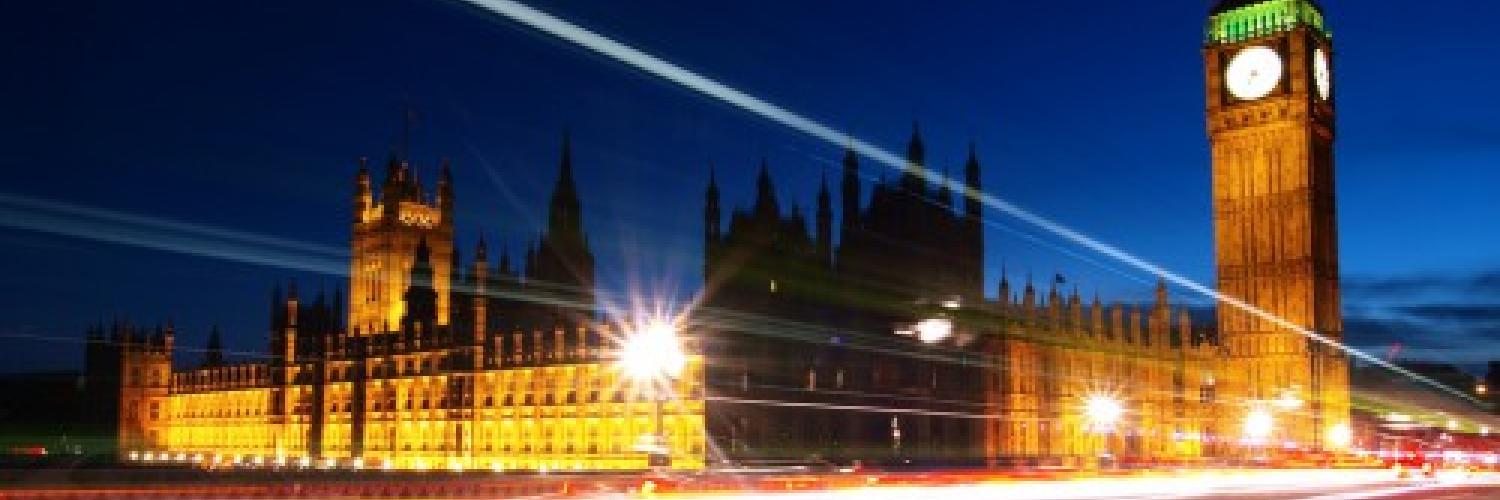This project examines how the economy’s impact on cabinet survival is shaped by Europe’s diverse constitutional rules. The economy can powerfully affect cabinet survival – in 2011/12 eight European governments fell as a direct result of the current crisis.
Yet, cabinets differ greatly in vulnerability even when we account for their attributes and political contexts. Why? This project hypothesizes that the constitutional powers of cabinets to manage their own demise shape their capacity to survive busts and exploit booms. Constitutional rules determine by whom and under what conditions cabinet terminations can be triggered. They therefore affect a cabinet’s capacity to manage its termination risk and its vulnerability to shocks and uncontrolled failure. How the demise of cabinets is managed can have great implications for governability and even civic peace. Combining statistical analyses of cabinets in 30 European democracies (1970-2011) with in-depth case studies, this project promises major advances in understanding cabinet survival that will be of interest to academics and policy-makers.
Project Objectives
The objective of this project is to explore how constitutions and the economy interact to shape the survival of governments and the manner in which they terminate.
The project has an academic and an applied aspect. The academic side of the project will produce a book and a range of articles. Parts one and two of the project have developed a novel typology of government terminations (Petra Schleiter & Sukriti Issar), and a new index of the constitutional powers available to governments to manage their terminations (Petra Schleiter & Max Goplerud).
Parts three and four will generate a novel account of how the competing risks under which governments work are shaped by the constitution and economic conditions.
The applied side of the project focuses on the implications of the academic work for understanding the effects of the Fixed-term Parliaments Act (2011) on UK politics, including government survival and the nature of their terminations, the election strategies of political parties, party vote shares, and the PM's capacity to manage his or her governing party or coalition. This side of the project has resulted in several articles, some in collaboration with the Parliament and Constitution Centre of the House of Commons Library (Oonagh Gay), and a workshop for practitioners and academics held in October 2014
External Partners
Oonagh Gay, Senior Researcher at the Parliament and Constitution Centre of the House of Commons Library
Project Outputs
EDITED COLLECTION
P. Schleiter (ed.), forthcoming. "Symposium: The Fixed-term Parliaments Act" Parliamentary Affairs.
JOURNAL ARTICLES (REFEREED)
O. Gay, P. Schleiter and V. Belu. forthcoming. "The coalition and the decline of majoritarianism in the UK" The Political Quarterly.
P. Schleiter. forthcoming. "How the Fixed-term Parliaments Act is changing UK Politics" Parliamentary Affairs.
P. Schleiter and V. Belu. forthcoming. "The Decline of Majoritarianism in the UK as a Cause and Consequence of the Fixed-term Parliaments Act" Parliamentary Affairs.
P. Schleiter and V. Belu. forthcoming. "The Challenge of Periods of Caretaker Government in the UK" Parliamentary Affairs.online first Dec 2014.
P. Schleiter and S. Issar, forthcoming. "Constitutional Rules and Patterns of Government Termination: The Case of the UK Fixed-term Parliaments Act" Government and Opposition.
P. Schleiter and V. Belu. 2014. "How to avoid the Squatter in Downing Street controversy: Improving the caretaker conventions before the 2015 General Election" The Political Quarterly, 85(4): 454-461. (Coverage in The Guardian Jan. 19 and Jan. 28, 2015).
P. Schleiter and S. Issar. 2014. "Fixed-term Parliaments and the Challenges for Governments and the Civil Service: A Comparative Perspective" The Political Quarterly, 85(2): 178-186.
Blog posts:
21 October 2014, on the Fixed-term Parliaments Act Politics in Spires: Why the Fixed-term Parliaments Act should not be repealed. Also appears on Our Kingdom and on Democratic Audit
26 January 2015, on the need for improved caretaker conventions Politics in Spires:Why the UK needs improved caretaker conventions before the May 2015 general election




